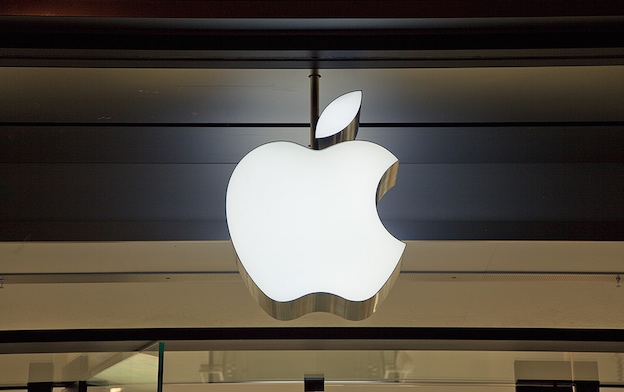Earlier this week, a Biometric sensor company named Valencell filed suit against Apple alleging that the Cupertino-based company effectively stole the underlying heart sensor technology used in the Apple Watch.
According to the complaint, which was originally spotted by AppleInsider, Apple Watch development began in earnest in February of 2013. Around that time, an Apple manager reached out to Valencell about potentially forming a partnership centering on the company’s heart sensor technology. By March of 2013, Apple employees, including technical members of the Apple Watch team, began downloading Valencell white papers on heart sensor technology.
DON’T MISS: Possible iPhone 7 Plus leak may reveal two of the phone’s biggest new features
Apparently satisfied with Valencell’s expertise in the area, Apple in June of 2013 sat down with Valencell executives to discuss incorporating the company’s PerformTek heart rate sensor technology into the Apple Watch. Two months later, Valencell met with 15 Apple employees and showed them prototypes of a PerformTek-Powered watch.
Between September 2013 and March 2014, the lawsuit claims that “Apple conducted detailed testing on these products, including an analysis of the product circuitry.”
Throughout 2014, Apple’s interest in the technology only grew, with members of the Apple Watch team continuously seeking out more detailed information about how the technology worked. In December of 2014, which, oddly enough was three months after Apple debuted the Apple Watch, Apple representatives met with the company to further discuss their wrist-based technologies.
But by the time Apple released the first iteration of the Apple Watch in April of 2015, no licensing deal between the two companies had been reached. Valencell, meanwhile, alleges that the Apple Watch’s heart sensor design is extremely similar to the design Valencell showcased to Apple employees in August of 2013.
From Valencell’s vantage point, Apple deliberately sought and successfully obtained technical information from Valencell under a feigned interest in licensing the company’s PerformTek Technology.
The complaint reads in part:
Apple did not have an intention of licensing Valencell’s PerformTek Technology. Instead, Apple’s interaction with Valencell was fueled by a business decision that the benefits of infringing upon Valencell’s patented technology outweigh the risk of being caught and ultimately forced to pay damages. This practice is consistent with the statement by Apple CEO Steve Jobs that Apple has “always been shameless about stealing great ideas.
The misguided interpretation of Jobs’ statement aside, the allegations levied against Apple are quite serious. The company is seeking damages on four counts of patent infringement. Additionally, the company is demanding attorneys fees, reasonable royalties with accrued interest, and a preliminary and permanent injunction which would preclude Apple from using the allegedly stolen technology in the Apple Watch.
As a final twist, the lawsuit also claims that Apple employees obtained Valencell white papers using fictitious names, perhaps in an effort to conceal the company’s true interest in the technology.
As a final point of interest, the company also filed a similar lawsuit against Fitbit.
We’ll make sure to keep you posted once Apple files an official response.




